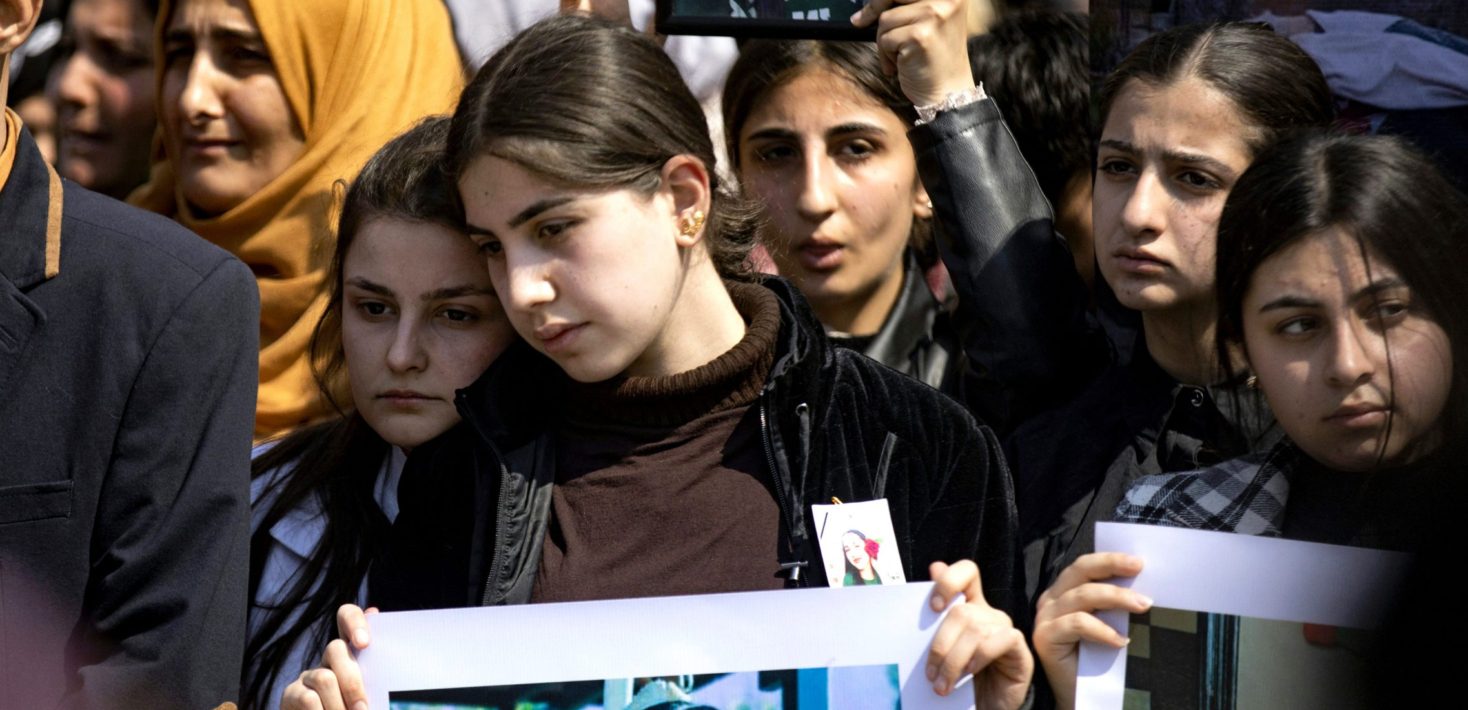Amnesty International has called on Syrian President Ahmad al-Sharaa to release the complete findings of an official investigation into mass killings targeting Alawite civilians in the country’s northwest coast earlier this year.
The fact-finding committee, established on 9 March 2025, is set to submit its report to the president following attacks in Latakia and Tartous governorates that left hundreds dead. Kristine Beckerle, Amnesty International’s Deputy Regional Director for the Middle East and North Africa, demanded transparency, stating:
“President Sharaa must commit to publishing the full findings of the investigation and ensure that those responsible are brought to justice. Victims and the public have the right to know the committee’s methodology and conclusions.”
Calls for Accountability and Reparations
The violence erupted on 6 March 2025, when armed groups linked to the former Bashar al-Assad government attacked security and military sites. Government-backed forces responded with a counteroffensive, leading to widespread civilian casualties.
Amnesty International, which documented 32 unlawful killings in Banias alone, accused pro-government militias of deliberately targeting Alawite communities, a minority sect to which Assad belongs. By June 2025, Reuters estimated 1,500 Alawites had been killed across 40 locations.
Beckerle emphasized:
“Survivors and victims’ families deserve truth, justice, and reparations. Only independent investigations can lead to fair trials. President Sharaa must fulfill his promise to hold perpetrators accountable ‘without leniency.’”
A Test for Syria’s Justice System
The investigation’s release could signal whether Syria’s new leadership is committed to addressing wartime atrocities. Amnesty warned that without transparency and prosecutions, sectarian violence risks escalating further.
President Sharaa, who took office after Syria’s 2024 political transition, faces pressure to demonstrate accountability—particularly after pledging to prevent religiously motivated attacks.
As the report’s submission nears, human rights groups and victims’ families await answers—and action.


